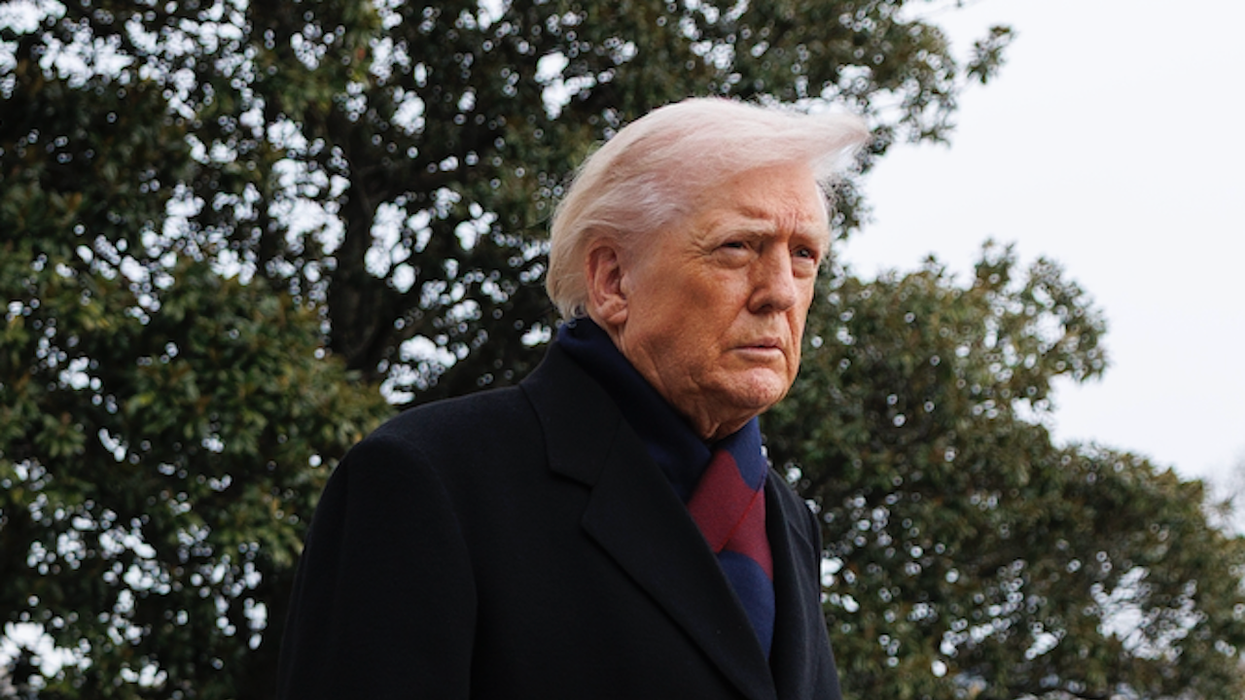Sen. John McCain (R-Ariz.) criticized Secretary of State Rex Tillerson in a New York Times op-ed Monday and accused Tillerson of adopting a “transactional” foreign policy that sends a “dangerous” message to regimes that abuse human rights.
During remarks to State Department employees last week, Tillerson said there is a “difference between policy and values”:
I think it’s really important that all of us understand the difference between policy and values, and in some circumstances, we should and do condition our policy engagements on people adopting certain actions as to how they treat people. They should. We should demand that. But that doesn’t mean that’s the case in every situation. And so we really have to understand, in each country or each region of the world that we’re dealing with, what are our national security interests, what are our economic prosperity interests, and then as we can advocate and advance our values, we should — but the policies can do this; the values never change.
McCain wrote that Tillerson’s remarks separating values from policy “sent a message to oppressed people everywhere: Don’t look to the United States for hope.”
The senator argued that Tillerson’s position sends a message to victims of human rights abuses that “our values make us sympathetic to your plight, and, when it’s convenient, we might officially express that sympathy. But we make policy to serve our interests, which are not related to our values. So, if you happen to be in the way of our forging relationships with your oppressors that could serve our security and economic interests, good luck to you. You’re on your own.”
The onetime GOP presidential nominee pointed to his own experience as a prisoner of war during the Vietnam War, writing that his captors intentionally sought to deprive captives of hope:
In their continuous efforts to infect us with despair and dissolve our attachment to our country, our North Vietnamese captors insisted the American government and people had forgotten us. We were on our own, they taunted, and at their mercy. We clung to evidence to the contrary, and let it nourish our hope that we would go home one day with our honor intact.
That hope was the mainstay of our resistance. Many, maybe most of us, might have given in to despair, and ransomed our honor for relief from abuse, had we truly believed we had been forgotten by our government and countrymen.
McCain argued that human rights “exist above the state and beyond history” and “cannot be rescinded by one government any more than they can be granted by another.” Those rights, he wrote, “inhabit the human heart, and from there, though they may be abridged, they can never be extinguished.”
He added that the United States is “a country with a conscience” and that the nation's values should be “an essential part of our foreign policy, not a departure from it.”
“We are the chief architect and defender of an international order governed by rules derived from our political and economic values,” McCain wrote. “We have grown vastly wealthier and more powerful under those rules. More of humanity than ever before lives in freedom and out of poverty because of those rules.”
Our values, he wrote, “are our strength and greatest treasure.”
“We are distinguished from other countries because we are not made from a land or tribe or particular race or creed, but from an ideal that liberty is the inalienable right of mankind and in accord with nature and nature’s Creator,” McCain wrote.
McCain argued that viewing foreign policy as “simply transactional” is “more dangerous than its proponents realize.”
“Depriving the oppressed of a beacon of hope could lose us the world we have built and thrived in,” McCain wrote. “It could cost our reputation in history as the nation distinct from all others in our achievements, our identity and our enduring influence on mankind. Our values are central to all three.”
McCain, who was initially critical of Tillerson, later voted to confirm him to be secretary of state.







